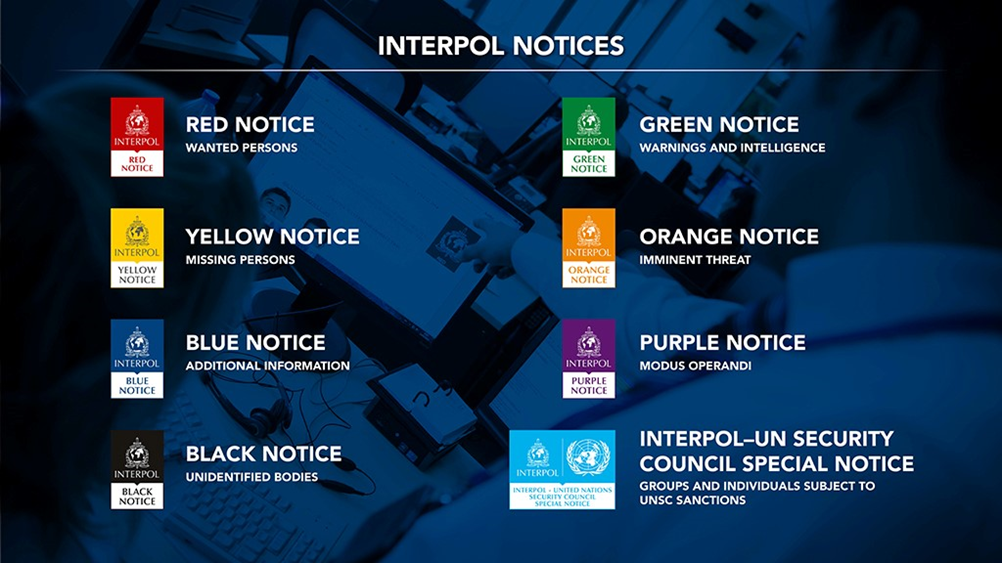CURRENT AFFAIRS
Get the most updated and recent current affair content on Padhaikaro.com
What meeting MSP demand would cost govt?
- IAS NEXT, Lucknow
- 30, Nov 2021

Reference News:
Farmer unions want the government to enact legislation conferring mandatory status to MSP in addition to repealing 3 farm laws.
What is MSP?
- Minimum Support Price (MSP) is a form of market intervention by the Government of India to insure agricultural producers against any sharp fall in farm prices.
- The major objectives are to support the farmers from distress sales and to procure food grains for public distribution.
- In case the market price for the commodity falls below the announced minimum price due to bumper the government agencies purchase the entire quantity offered by the farmers at the announced minimum price.
- It is announced by at the beginning of the sowing season for certain crops based on the recommendations of the Commission for Agricultural Costs and Prices (CACP).
- However the prices are approved by Cabinet Committee on Economic Affairs.
- The increase in MSP for Kharif Crops is in line with the Union Budget 2018-19 announcement of fixing the MSPs at a level of at least 1.5 times of the All-India weighted average Cost of Production (CoP), aiming at reasonably fair remuneration for the farmers.
How MSP is determined?
- The Commission takes into account the following factors.
- Cost of Production
- Changes in input prices
- Input-output price parity
- Trends in market prices
- Demand and supply
- Inter-crop price parity
- Effect on industrial cost structure
- Effect on cost of living
- Effect on general price level
- International price situation
- Parity between prices paid and prices received by the farmers.
- Effect on issue prices and implications for subsidy.
- Commission takes into account the following costs
- paid-out costs (A2) such as seeds, fertilizers, pesticides, fuel, irrigation, hired workers and leased-in land,
- imputed value of unpaid family labour (FL).
- Farm unions are demanding that a comprehensive cost calculation (C2) must also include capital assets and the rentals and interest forgone on owned land as recommended by the National Commission for Farmers.
Why are the unions seeking legal guarantee for MSP?
- The Centre currently announces the MSPs of 23 crops. They include
- 7 cereals (paddy, wheat, maize, bajra, jowar, ragi and barley),
- 5 pulses (chana, tur/arhar, moong, urad and masur),
- 7 oilseeds (rapeseed-mustard, groundnut, soyabean, sunflower, sesamum, safflower and nigerseed)
- 4 commercial crops (sugarcane, cotton, copra and raw jute).
- Technically MSPs ensure a minimum 50% return on all cultivation costs
- However these remain largely on paper.
- MSPs have no statutory backing, and so farmers cannot demand it as a matter of right.
- In most crops grown across much of India, the prices received by farmers, especially during harvest time, are well below the officially-declared MSPs.
- So the unions demand the government to confer mandatory status to MSP.
How can that entitlement be implemented?
- By forcing private traders or processors to pay MSP, as in the case of sugarcane.
- By the government through the procurement at MSP via its agencies such as the Food Corporation of India (FCI), National Agricultural Cooperative Marketing Federation of India (Nafed) and Cotton orporation of India (CCI).
- By price deficiency payments.
What is the existing mechanism that enforces private players to pay at least the MSP?
- As per The Sugarcane (Control) Order, 1966 issued under the Essential Commodities Act, Sugar mills are required to pay farmers the Centre’s “fair and remunerative price” for cane,
- Payment must be made within 14 days of cane purchase.
- Some state governments have fixed even higher prices called “advised prices”.
What is the current situation with respect to procurement through Government agencies?
- Generally speaking, MSP implementation has been effective only in four crops viz sugarcane, paddy, wheat and cotton.
- It is partly effective in five crops viz chana, mustard, groundnut, tur and moong.
- It is weak/non-existent in the remaining 14 notified crops.
- In livestock and horticultural produce – be it milk, eggs, onions, potatoes or apples – there is no MSP even on paper.
- The 23 MSP crops together account for hardly one third of the total value of India’s agricultural output, excluding forestry and fishing.
- As can be seen from the table, such purchases accounted for nearly 50% of India’s rice/paddy production last year, while amounting to 40% for wheat and over 25% in cotton.

- Under it, the government neither directly purchases nor forces the private industry to pay MSP.
- Instead, it allows all sales by farmers to take place at the prevailing market prices.
- Farmers are simply paid the difference between the government’s MSP and the average market price for the particular crop during the harvesting season.
What would be the fiscal cost of making the MSP legal?
- The MSP value of the total output of all the 23 notified crops worked out to about Rs 11.9 lakh crore in 2020-21.
- But this entire produce wouldn’t have got marketed.
- The marketed surplus ratio is what remains after retention by farmers for self-consumption, seed and feeding of animals.
- As per estimate marketed surplus is 75% of produce.
- So the MSP value of production actually sold by farmers is under Rs 9 lakh crore.
- It would be even lower, given two things.
- MSP is already being enforced, directly or through fiat, on roughly Rs 3.8 lakh crore worth of produce.
- So providing legal guarantee for the entire marketable surplus would mean covering another Rs 5 lakh crore or so.
What are the limitations?
- Public procurement and stocking operations are a cumbersome process.
- Prevalence of Corruption and recycling/leakage of wheat and rice, whether from godowns, ration shops or in transit.
- Disposal becomes complicated in the case of nigerseed, sesamum or safflower.
- Huge payment arrears by sugar mill owners to growers are proof of the practical limitations of “legal MSP”.
What need to be done?
- There is a growing consensus among economists for guaranteeing minimum “incomes”, as against “prices”, to farmers.
- That would entail making more direct cash transfers either on a flat per-acre (as in the Telangana government’s Rythu Bandhu scheme) or per-farm household (the Centre’s PM-Kisan) basis.